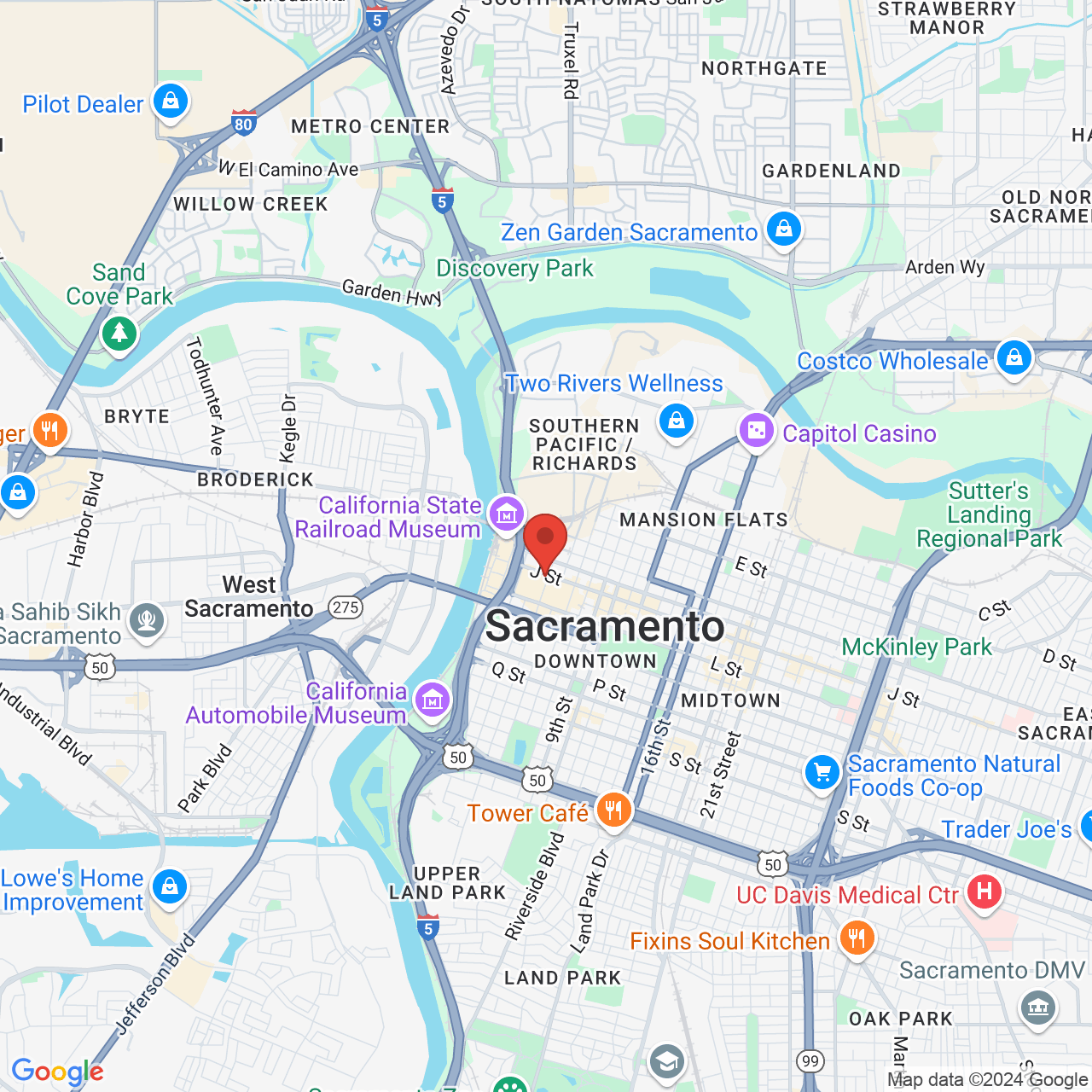Filing a Pregnancy Discrimination Lawsuit: What You Need to Know
 Employees in the United States are protected by a series of laws that are meant to guarantee them, among other things, a workplace that is free of harassment and discrimination. Unfortunately, despite these laws, workplace discrimination is reported at an alarming rate. Pregnancy discrimination is one of the most common forms of workplace discrimination.
Employees in the United States are protected by a series of laws that are meant to guarantee them, among other things, a workplace that is free of harassment and discrimination. Unfortunately, despite these laws, workplace discrimination is reported at an alarming rate. Pregnancy discrimination is one of the most common forms of workplace discrimination.
Any employee who suspects that they have been a victim of workplace discrimination should consider filing a lawsuit. However, it is important to know what to expect when filing a pregnancy discrimination lawsuit. Here, pregnancy discrimination attorney Gregory Thyberg provides Sacramento, CA, workers with some key information regarding this process.
What Is Pregnancy Discrimination?
Pregnancy discrimination refers to any situation in which an employee is treated unfavorably as a result of pregnancy, childbirth, or other related medical conditions. Pregnancy discrimination can take place in several different forms, including:
- Termination
- Refusal to hire
- Change in job assignments
- Denial of training, promotion, benefits, etc.
What Laws Protect Workers from Pregnancy Discrimination?
There are several laws that protect employees from pregnancy discrimination. Title VII of the Civil Rights Act of 1964 prohibits discrimination based on current, past, or potential pregnancy, along with associated medical conditions. The Pregnancy Discrimination Act of 1978 further sets out rules for the protection and rights of pregnant women. The Family and Medical Leave Act ensures that eligible employees receive unpaid leave to address serious health conditions, including pregnancy and childbirth. And, finally, if a pregnancy results in complications, an employee may be protected from discrimination under the Americans with Disabilities Act, which requires employers to provide reasonable accommodations to employees with disabilities.
A Claim Must First Be Filed with the EEOC or State Administrative Agency
If a Sacramento employee experiences pregnancy discrimination, they have the right to file a civil lawsuit against their employer to pursue compensation for related losses. However, before a lawsuit can be filed, the worker must first file a claim with the Equal Employment Opportunity Commision (EEOC), or their state’s administrative agency.
The Time to File a Claim Is Limited
The amount of time that an employee has to file a claim of pregnancy discrimination with the EEOC is extemely limited. In most cases, the statute of limitations is 180 days from the date of the discrimination. That can be extended to 300 days if a state or local agency has laws that prohibit discrimination on the same basis. Since this timeframe is so limited, it is essential that individuals contact a pregnancy discrimination lawyer as soon as possible following an act of discrimination so that they can consider their legal options.
Proving a Pregnancy Discrimination Claim
To prove a pregnancy discrimination case, the plaintiff must provide direct or circumstantial evidence that demonstrates these four factors:
- The employee or partner was pregnant
- The employee was well qualified for the position (or the position she was applying for)
- The employer took an adverse job action against the employee (firing, denial of promotion, demotion, etc.)
- The adverse job action was directly related to the pregnancy
Documentation is often key in proving claims of pregnancy discrimination. We urge employees to take detailed notes regarding any incidences of discrimination. Employees should also save copies of any inter-office communication that could support a claim of discrimination.
Contact Us
If you have experienced pregnancy discrimination, attorney Gregory Thyberg can help you hold employers accountable for their actions. To learn more about filing a pregnancy discirmination claim, and the type of compensation you may be due, send us a message online or call our Sacramento law firm at (916) 204-9173.


